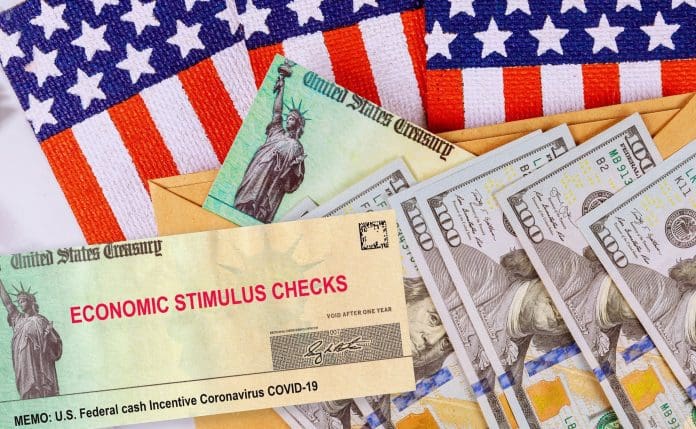The IRS has almost completed the sending part of the third stimulus check and given the situation, there is no chance of a fourth stimulus check given that President Biden is more engrossed with the international front. It might be more accurate to state that the fourth relief check has gone to the Ukrainians. And to top it all off, hundreds of thousands of Americans might even have to return their stimulus check.
The overwhelming majority of Americans got the precise amount of stimulus check and need to have to fret over returning part of the whole amount. But if the IRS decides that you have received a bigger amount than what is lawfully yours, you might have to start arranging to return it.
You will receive normal mail in your letterbox and there are three main reasons why you might be asked to return your stimulus payment, part or full.
Reasons IRS Can Claim A Refund Of Stimulus Check Amount
All three stimulus checks were limited by income earned by either the individual or family. The payments were sent out based on the last income tax return submitted. If your relief check was less than the amount you deserve, the IRS used the Recovery Rebate Credit option to help such individuals and families. This option is available on both the 2020 and 2021 IT returns.
This option either decreased the amount you paid as taxes or gave you a refund check. If you have claimed more than you are entitled to through the RRC option, you will receive a letter from the authorities. You can call for a reassessment if you receive the letter, but you should pay the requisite amount before the deadline to avoid penalties if you lose the case later. In that way, even if the case doesn’t go your way, you will not have to pay penalties or interest.
Accepting a stimulus check payment for a departed person is another delicate situation, especially if the payment is joint. You need to return the excess stimulus amount. In the first round alone, the IRS sent stimulus checks to 1.1 deceased people.
Non-residents are not eligible for the 3rd stimulus check unless one of the members has a Social Security number. Further, if your income went past the threshold limit for stimulus checks you would not have to pay it back, so you are safe in this situation.






